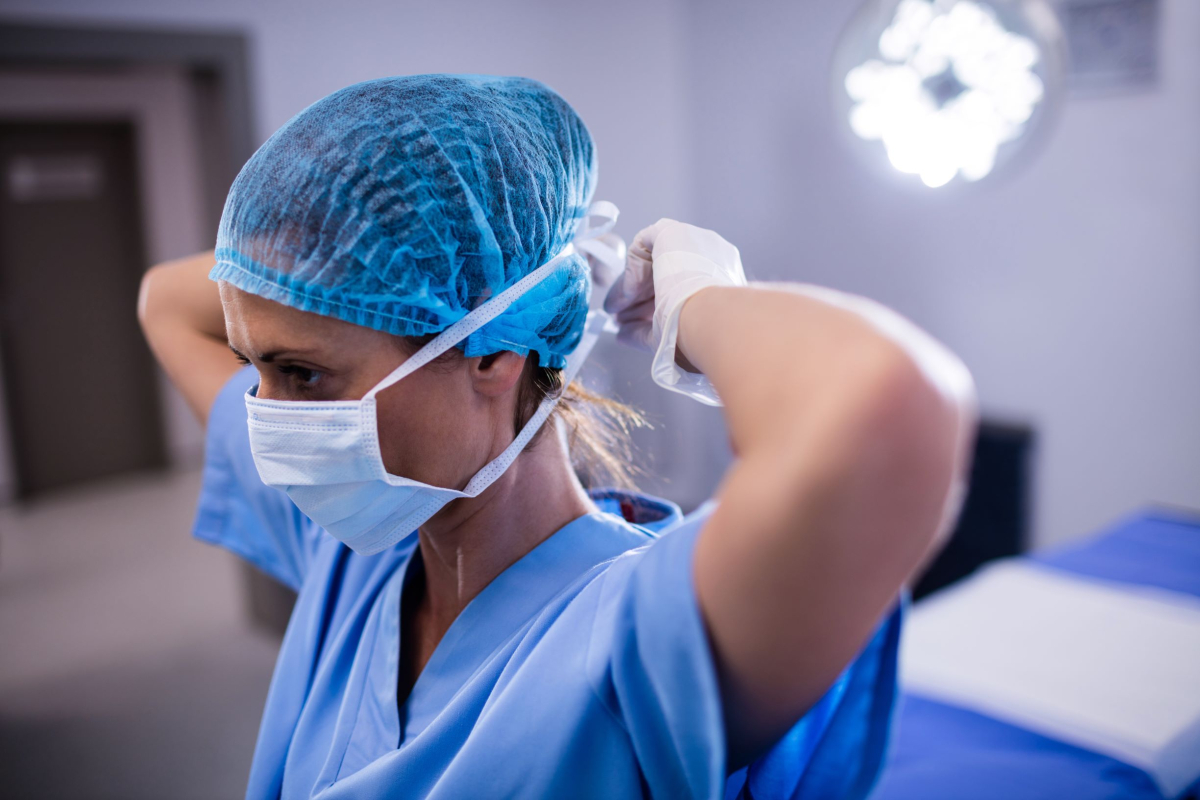Support strong Canadian climate journalism for 2025
Medical staff at Sinai Health hospitals in Toronto who have recently travelled internationally are still being ordered to work, a command that contrasts with provincial guidelines, National Observer has learned.
The majority of COVID-19 cases in Ontario have been linked to international travel, although local transmission is occurring. Ontario Health Minister Christine Elliott has publicly asked medical workers to follow the same rule as all Canadians — if you’ve been outside the country, you must isolate for 14 days after you return.
But while that’s a requirement for the general public, the province hasn’t yet made it mandatory for health-care workers. That loophole has allowed Sinai Health — a network that includes Mount Sinai Hospital, Bridgepoint Active Healthcare and a home and community health provider called Circle of Care — to order all staff to return to work regardless of their travel history, potentially risking further spread of the virus.
“Hospitals need many people and functions to maintain operations and never has there been a time when our people are more crucial,” wrote Sinai Health spokesperson Barbara McCully in an email.
“That is why we are asking all our staff that are well and symptom-free to report to work. Any staff that feel unwell are to self-monitor for any symptoms and remain at home in self-isolation.”
McCully said that because community transmission of the virus has begun in Toronto, travel history “is no longer the driving risk factor.”
Doris Grinspun, the CEO of the Registered Nurses' Association of Ontario (RNAO), which represents the province’s registered nurses, nurse practitioners and nursing students, said she has received several complaints about the issue from staff at Sinai facilities. If it doesn’t stop, she said, hospitals risk infecting medical workers who are more needed than ever.
“They need to stop that practice, absolutely,” Grinspun said.
“They're doing it because they're short-staffed, which is a chronic issue in this country… The reality is that putting nurses in a more compromised situation will only make us shorter.”
Approximately 13 public-health workers have tested positive for COVID-19 in Toronto alone, the city’s public health unit said Sunday.
In a statement Tuesday, Hayley Chazan, a spokesperson for Elliott, said the province is “in discussions with any hospitals that have provided conflicting guidance to their frontline staff to better understand their circumstances and how they might be solved.”
It isn’t clear whether Ontario plans to upgrade the guideline into a firm rule.
“It’s our expectation that hospitals abide by our guidance, but it’s not a directive at this time,” Chazan added.
In her statement, McCully said Sinai Health is taking other precautions, such as restricting visitors and screening anyone who enters the hospital for COVID-19 symptoms.
“As a health-care provider, it is our responsibility to ensure that our hospitals continue to be staffed appropriately to able to provide high-quality, safe care to our patients and a safe environment for our people,” the statement said.
With files from Alastair Sharp





Comments